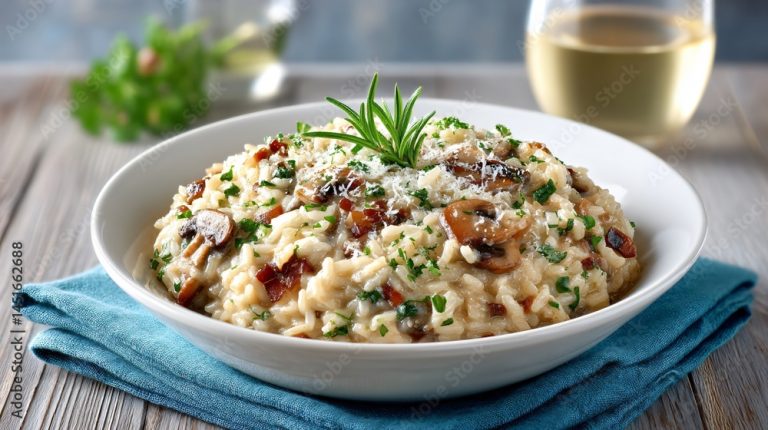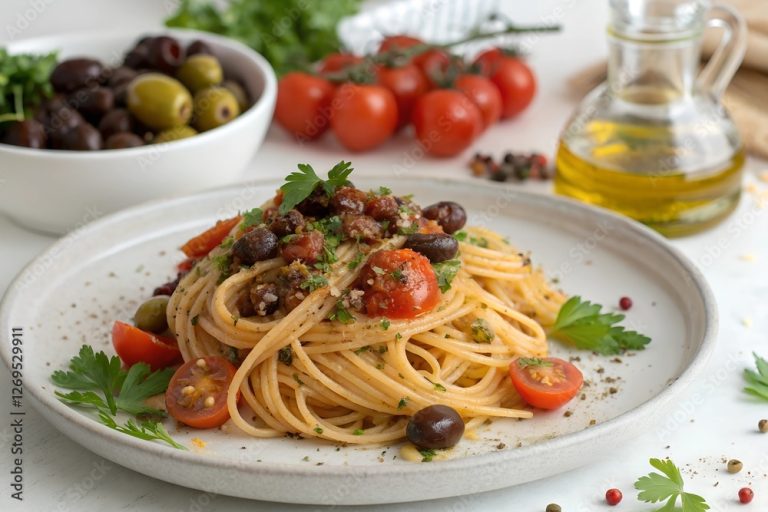Italian Cuisine : Introduction
Italian cuisine is renowned for its rich flavors, quality ingredients, and a deep cultural heritage that celebrates food as a central part of life. It is characterized by regional diversity, with each area offering its own unique dishes and culinary traditions.
Regional Specialties
Italy’s food culture varies significantly from region to region. For example, Northern Italy is famous for its risottos and polenta, while Southern Italy is known for its pasta and fresh vegetables. Classic dishes such as pizza, originating from Naples, and lasagna reflect the simplicity and freshness that Italian cooking champions. Pizza, specifically, has become an internationally beloved dish, with its endless variations and toppings that cater to all palates .
Ingredients and Flavors
At the heart of Italian cuisine are high-quality ingredients. Fresh produce, aromatic herbs, and the use of olive oil are fundamental. The Italian culinary philosophy emphasizes using simple ingredients to create robust flavors, as seen in traditional dishes like Caprese salad, made of fresh mozzarella, tomatoes, and basil .
Influences and Culture
Italian cuisine has heavily influenced global culinary practices, emphasizing rustic cooking techniques and communal dining experiences. Quotes from notable figures highlight the cultural importance of food in Italy; for instance, Sophia Loren famously said, “Everything you see I owe to pasta,” showcasing the pivotal role that food plays in Italian identity and lifestyle




